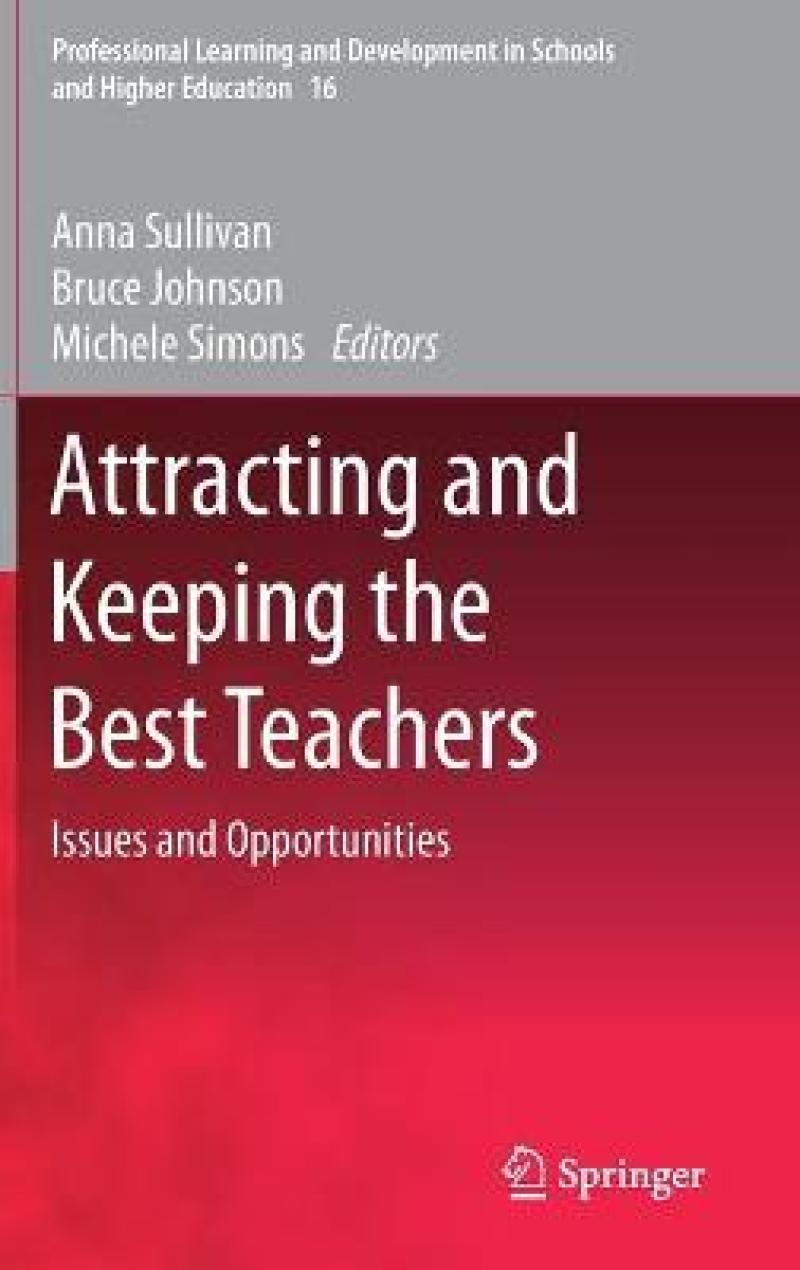This book challenges dominant thinking about early career teachers and their work. It offers an in-depth and critical analysis of policies concerning the work of early career teachers and how they are supported during this critical period, when they are highly vulnerable to leaving the profession. Moreover, the book provides examples from actual practice that illustrate how to help early career teachers make a successful transition into the profession. These practices promote early career teachers’ development and help the profession as a whole to capitalize on the new knowledge and skills that these teachers bring to their classrooms and their students.
The book is divided into two main parts. Part 1 deals with the difficult to define process of retaining early career teachers, and its respective chapters consider this broad issue from an international perspective. They explore how policies and practices have an impact on what happens in schools, and what it means to be a teacher and to teach. In turn, Part 2 focuses on the need to reconsider the policies and practices that create the ‘problem’ of early career teachers, and offers alternative ways forward. Each chapter addresses a specific aspect of the early career teacher retention issue, contributing to a greater understanding of how we can rethink the work of early career teachers so that they can more successfully transition into the profession.
The book is divided into two main parts. Part 1 deals with the difficult to define process of retaining early career teachers, and its respective chapters consider this broad issue from an international perspective. They explore how policies and practices have an impact on what happens in schools, and what it means to be a teacher and to teach. In turn, Part 2 focuses on the need to reconsider the policies and practices that create the ‘problem’ of early career teachers, and offers alternative ways forward. Each chapter addresses a specific aspect of the early career teacher retention issue, contributing to a greater understanding of how we can rethink the work of early career teachers so that they can more successfully transition into the profession.
Produktdetaljer
Biographical note
Associate Professor Anna Sullivan is Co-Director of the Research in Educational and Social Inclusion Group at the University of South Australia. Her research contributes to a greater understanding of educational issues related to exclusion and inclusion. Her current program of research draws largely on critical policy studies to examine ways in which policies are developed and enacted at various levels of education. The ‘critical’ aspect in these studies enables her to examine the ways in which this broad policy work includes and/or excludes people, particularly those who are most vulnerable.Professor Bruce Johnson is an Emeritus Professor of Education at the University of South Australia. He has been the lead researcher in four Australian Research Council funded projects, two of which have focused on the needs of early career teachers. His other research interests include the development and application of socio-cultural resilience theory in school settings, and the use of participatory research methods with children and young people.
Professor Michele Simons is a Professor and Dean of Education at the University of Western Sydney. She was previously the Dean and Head of the School of Education at the University of South Australia. Her research interests include workforce development in education, learning at the workplace, and partnerships to improve the quality of professional learning for teachers.
